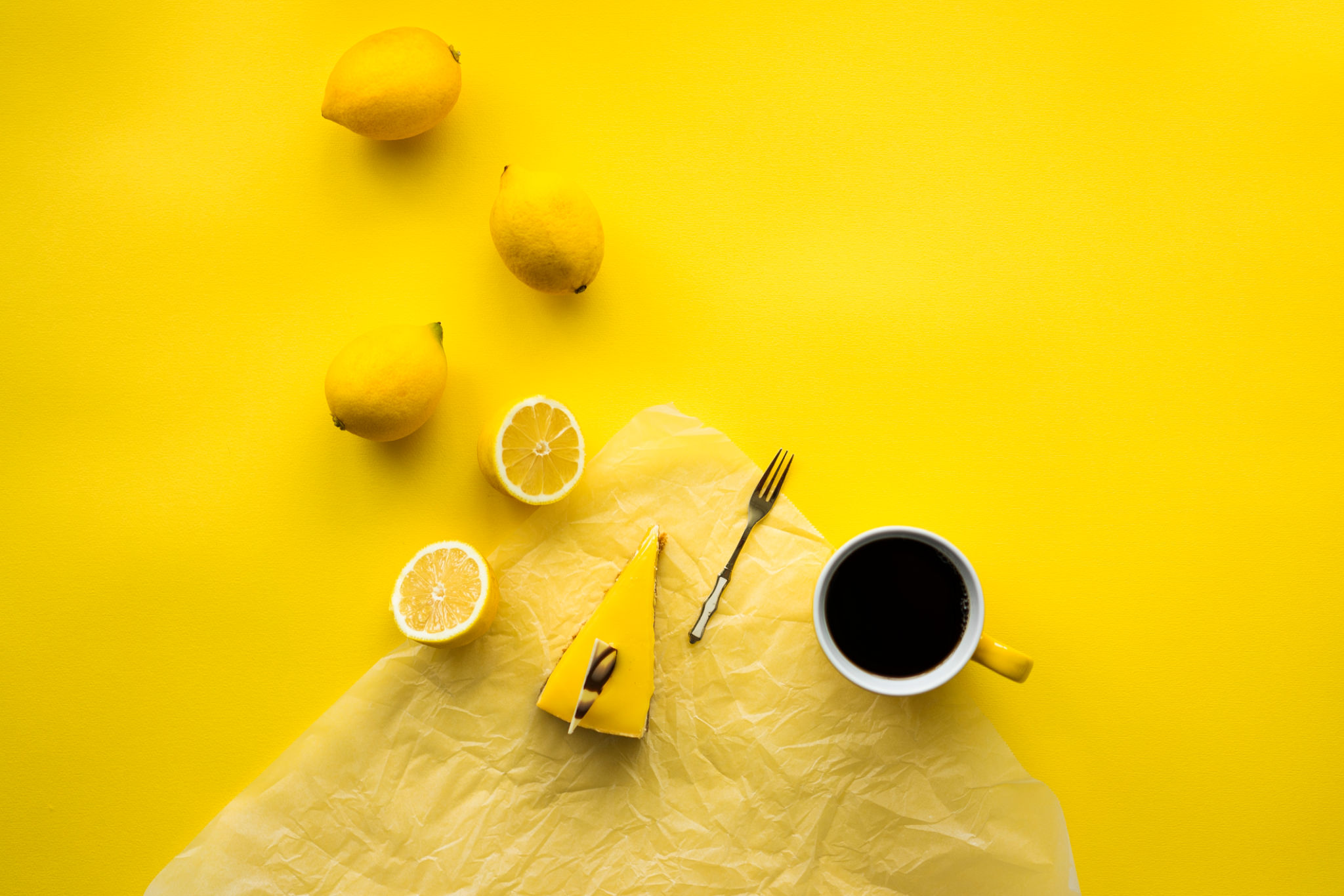DIY Sweet Lemonade: Common Mistakes and How to Avoid Them
Introduction to DIY Sweet Lemonade
There's nothing quite like a refreshing glass of sweet lemonade, especially when it's homemade. Creating your own lemonade allows you to control the sweetness and tartness to suit your taste. However, if you're new to making it yourself, you might encounter a few common pitfalls. Let's explore these mistakes and how you can avoid them for the perfect glass every time.
Using the Wrong Lemons
The foundation of any great lemonade is, of course, the lemons. Not all lemons are created equal, and using the wrong type can affect the flavor of your drink. Meyer lemons, for instance, are sweeter and less acidic than regular lemons. While these might work for some recipes, they might not give you the classic lemonade flavor you're after. Stick with the standard Lisbon or Eureka lemons for a more traditional taste.

Not Balancing Sugar and Acidity
One of the most crucial aspects of making lemonade is achieving the right balance between sugar and acidity. Too much sugar can overpower the lemon flavor, while too little can leave your lemonade too tart. A good rule of thumb is to start with equal parts sugar and water, then adjust to taste. Remember, it's easier to add more sugar than to take it out!
Incorrectly Diluting the Lemonade
Another common mistake is not getting the water-to-lemon ratio correct. Adding too much water can dilute the flavor, while too little can result in an overly strong drink. Aim for a ratio of about one cup of fresh lemon juice to four cups of water, then adjust based on your personal preference.

Using Cold Water to Dissolve Sugar
Dissolving sugar is essential for a smooth lemonade, but using cold water can make this process difficult. Instead, create a simple syrup by heating equal parts sugar and water until the sugar dissolves completely. This ensures that the sugar is evenly distributed throughout your lemonade.
Overlooking Lemon Zest
Many people miss out on the enhanced flavor that lemon zest can bring to their lemonade. Before juicing your lemons, use a zester or fine grater to collect the zest. This adds a subtle, aromatic quality to your drink that complements the fresh juice.

Not Serving Cold Enough
Lemonade is best served ice-cold, but many forget to chill their drink adequately. After preparing your lemonade, let it chill in the refrigerator for at least an hour before serving. Alternatively, serve it over ice, but be mindful that too much ice can dilute the flavor.
Conclusion: Perfecting Your Recipe
By avoiding these common mistakes, you can craft the perfect glass of sweet lemonade every time. Remember to choose the right lemons, balance your sugar and acidity, and prepare your drink with care. With a little practice, your homemade lemonade will become a summertime staple that everyone will love.